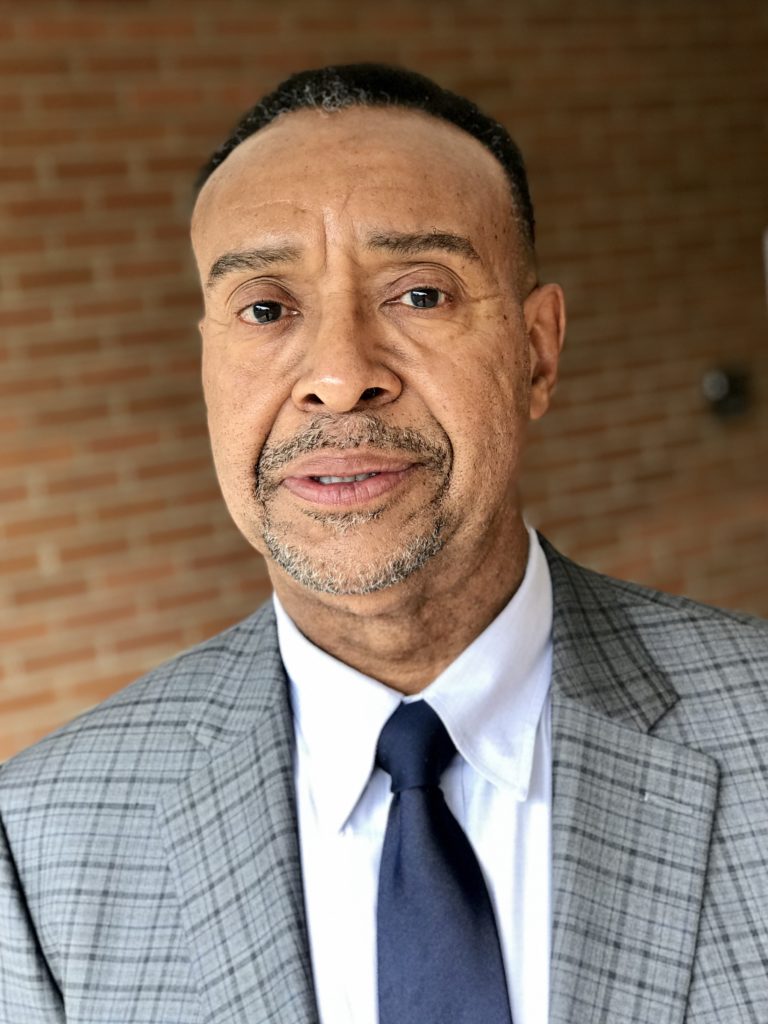A recent report from the National Hospice Association reveals that only8.2% of hospice patients were Black/African American. Medicare covers hospice care, so why aren’t people using it? Medicare spends about 20% more on the last year of life for Black and Hispanic people than White people. With lower hospice utilization rates, minorities receive fewer hospice-related benefits and improved quality of life. Overall, Medicare spends 30-40% of its entire budget on end-of-life care
Meet Dennis Cross, M.D. Dennis Cross is a physician with Our Lady of Peace Hospice & Home Health Care. He is an African-American man who believes he was admitted to medical school in 1976because a photo wasn’t required with his application. He also believes the under-utilization of hospice care by Black/African American people is caused by a legacy of distrust.“African American vets returning from WWII were not given access to the benefits of the GI Bill, and they were turned down for loans. When I was honorably discharged from the military in Vietnam at 21-years-old,no one in my hometown would give me a car loan. I understand layered institutionalized discrimination and the distrust it causes
According to Dr. Cross, “If a physician recommends that a Black/African-American goes into hospice, there is distrust because the doctor doesn’t have a history with the patient, so many assume it’s discrimination because they don’t want to care for them in the hospital. Americans are off the charts in putting faith in technology and medicine, not wanting to accept the fact that the time comes to expire, and as a result, families are missing out on a compassionate, peaceful hospice experience.
”Hospice in your home – a good first step“
A lot of people don’t know that hospice care is available in their home,” says Dr. Cross. “It’s covered by Medicare and includes bathing and medication delivery, along with comfort services like healing touch massage and music therapy. In-home hospice provides a space for building trust between the family and caregivers, and it gives families the opportunity to play a role in the care of their loved ones. It’s a comfortable first step for Black/African-American families, and if a second step is needed to hospice care in our hospice residence, they are prepared for it.
”Dr. Cross offers his advice to Black/African American families when a loved one is terminally ill and physicians caring for terminally ill people:
1. Practice Active Listening. Address the concerns any human being would have. Family: “Help me understand why my father should enter hospice.”Physician: “Why isn’t my suggestion of hospice not setting well with you, especially knowing there is no further treatment for your father?”
2. Ask questions. Ask people how they would like to be addressed and how they would like you to interact with them. This sets the tone for respectful conversation.
3. Don’t be afraid, to be honest, it’s okay to say, “I don’t intend to be disrespectful or offend you, so please let me know if I am.”
4. Lean in and make eye contact when having a conversation. Body language speaks for itself. Leaning in shows you’re interested in what a person has to say.
5. Show empathy: Empathy is an outcome of human kindness, and it occurs when you take the time to move past assumptions to sincerely understanding how a person is feeling. Dr. Cross talks a lot about empathy because it’s important in hospice, but it’s also important in everyday life.
Dr. Cross says, “The goal is to open the line of communication about racial issues with human kindness, honesty, and respect.”
For 80-years, Our Lady of Peace Hospice has provided medical, spiritual, and grief care to patients and families at no cost, beyond what is covered by medicare. Families are wrapped in loving care and kindness from the people who ease their pain to those who make sure they have a warm blanket and sheets that match their pajamas. We focus on the quality of life
We invite you to call us, we are here to answer your questions.
